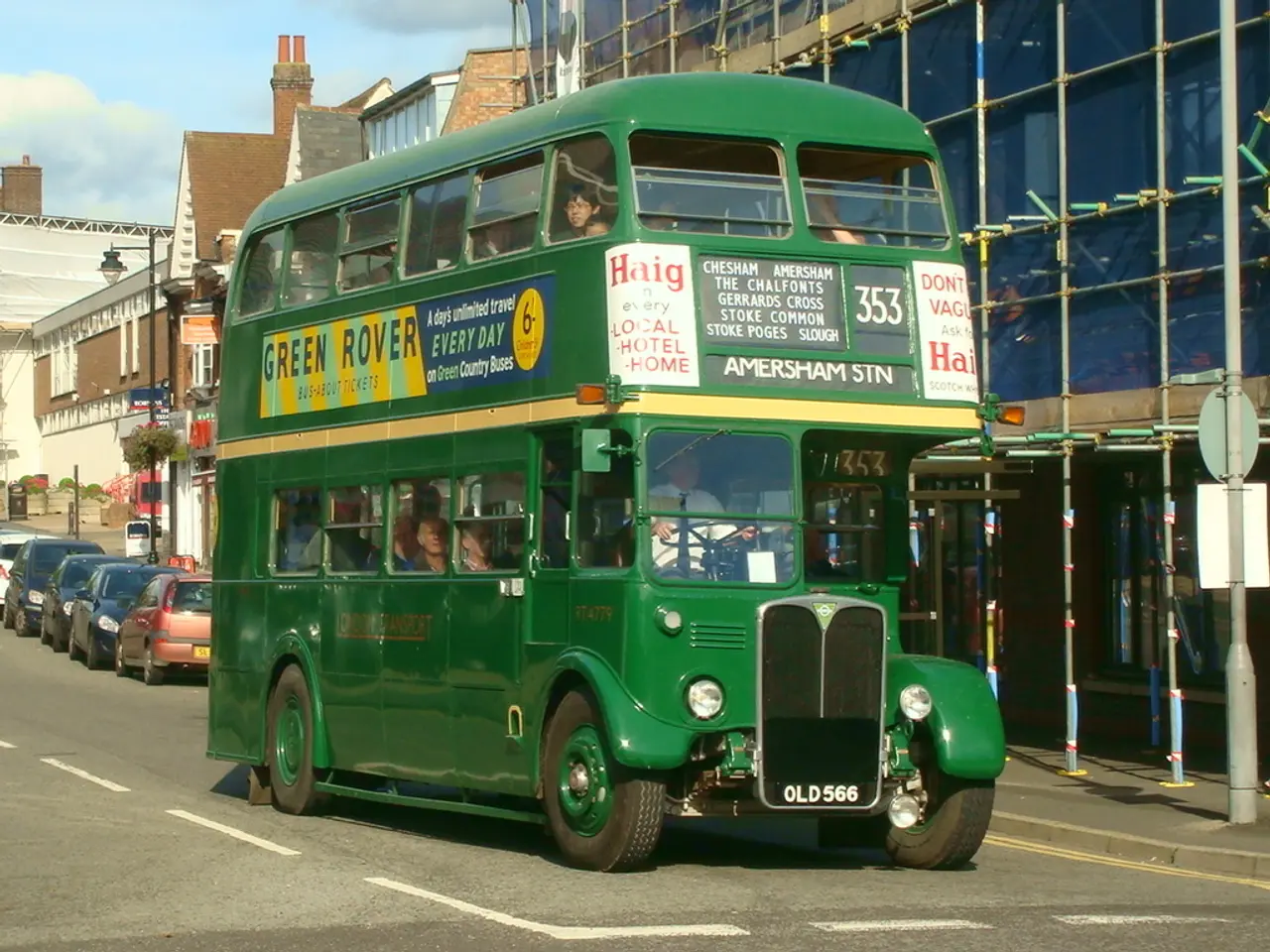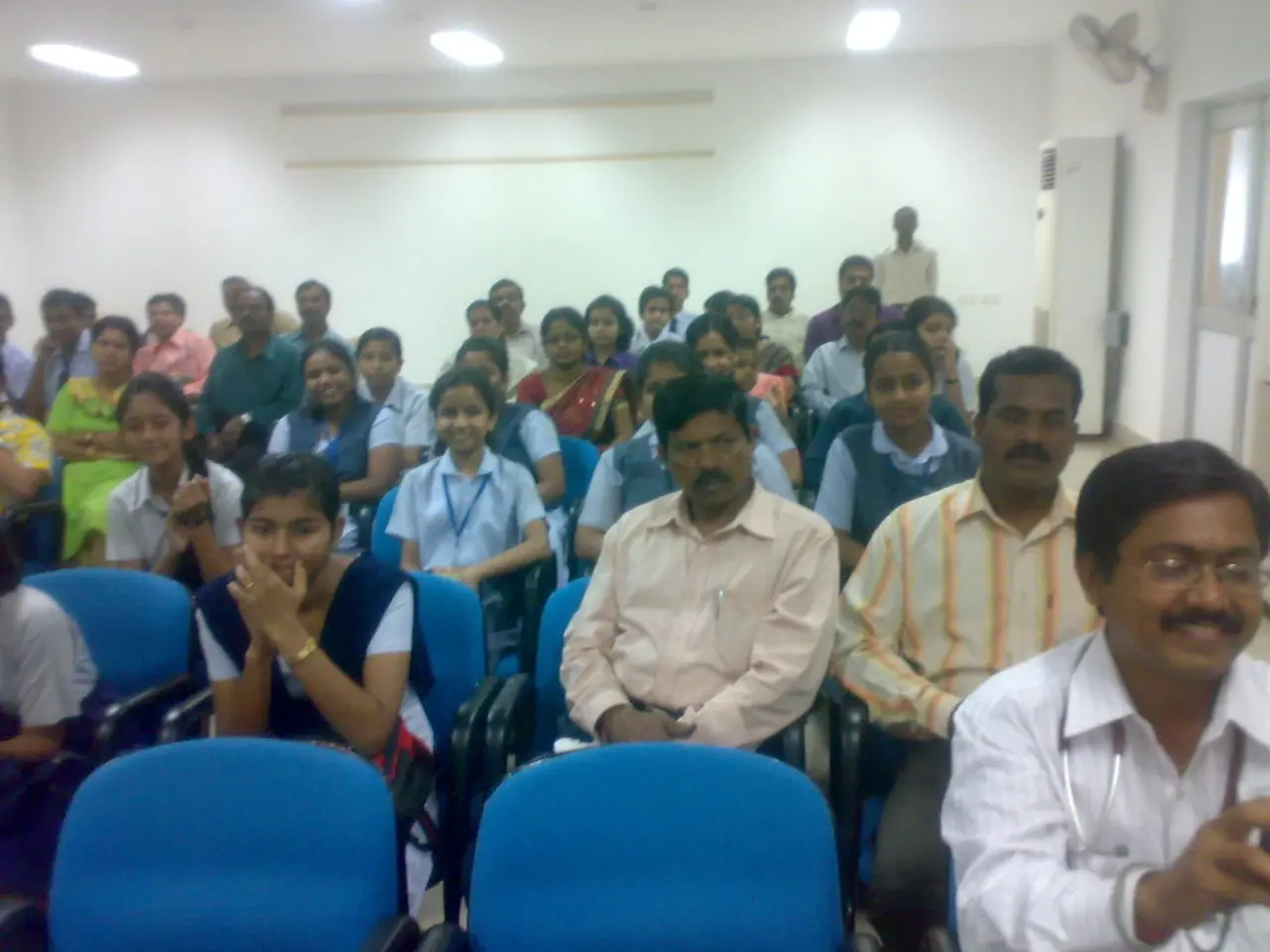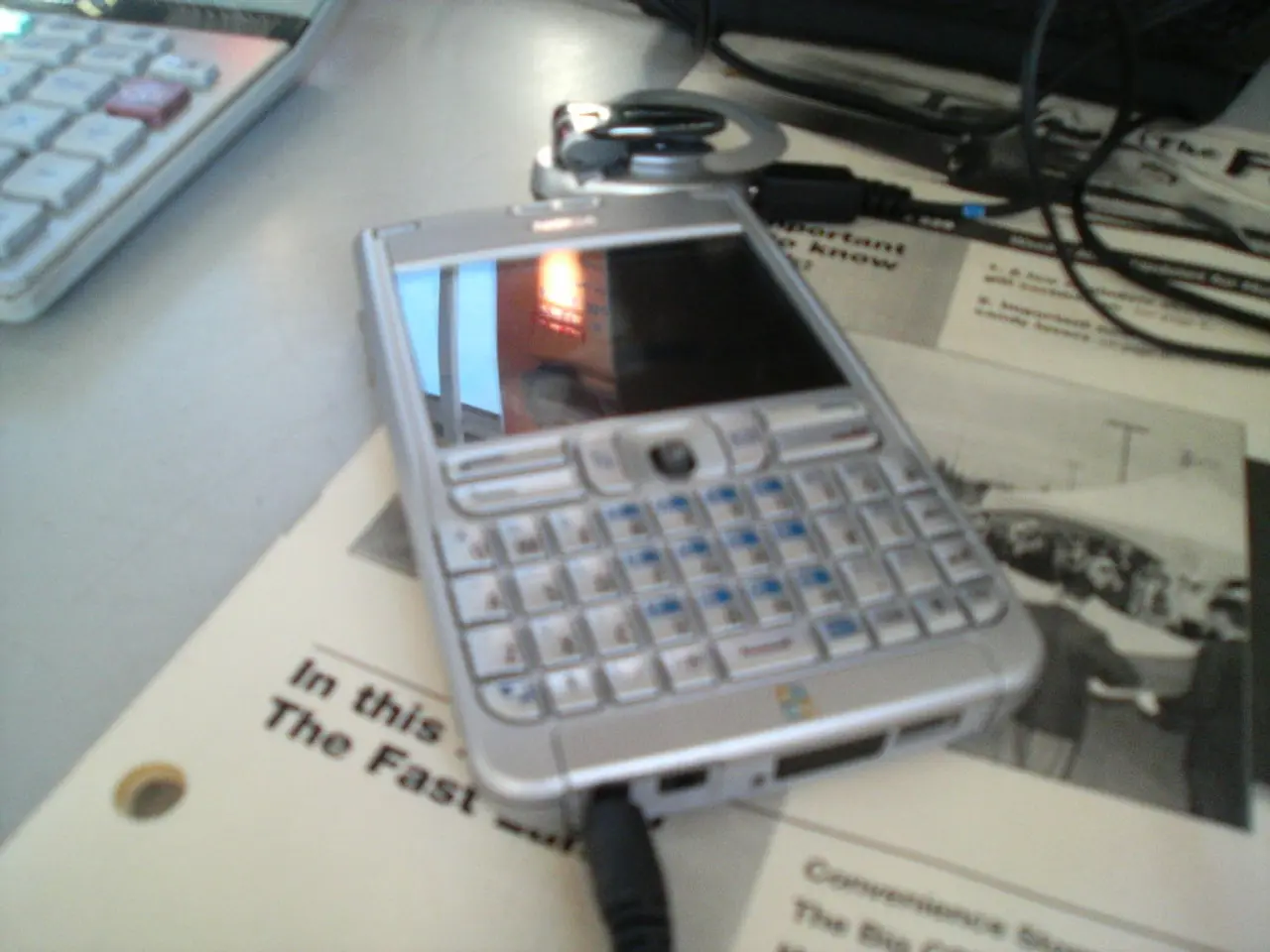Broken Electric Vehicle chargers frustrate councils, leading to one's destruction by a treefall
In a significant shift for the electric vehicle (EV) landscape in Australia, many local councils and motoring clubs have decided to part ways with Tritium-made EV charging stations. The primary reason for this decision is the reliability problems associated with Tritium's first-generation equipment.
These early Tritium chargers, such as the RTM75 models deployed by the Gold Coast City Council, have been plagued with a "lifelong battle with reliability," according to industry insiders. Issues include frequent technical faults, erratic charging behaviour, and failures in demanding environments like off-grid locations where power supplies are unstable.
Additional complications arose due to the supply chain and maintenance challenges that arose when Tritium ceased to be an Australian-owned company and was acquired by an Indian firm after collapsing. This change made it difficult for councils to access spare parts and repair services.
In some cases, chargers failed to deliver expected power outputs or would shut down unexpectedly, especially in off-grid or backup power conditions where the equipment struggled with variable power inputs. Councils like Gold Coast City physically removed their Tritium chargers after exhausting maintenance options, converting charger bays back to regular parking without likely plans for replacement.
Major motoring clubs, including RACV and NRMA, have replaced or abandoned Tritium chargers due to these reliability concerns. In Queensland, a number of Tritium chargers along the state's "super highway" have been or are about to be replaced. Similarly, in Western Australia, the RAC has stopped supporting the network it helped create over the past decade.
The Gold Coast City Council has decommissioned its 10 electric vehicle charging stations, marking a significant step away from Tritium's first-generation EV chargers. The city is looking to the future and presented an Electric Vehicle Charging Management Plan to the City's Transport and Infrastructure committee.
Giles Parkinson, founder and editor of The Driven and Renew Economy, reported on the situation. Christian Hewitt, former head of sales at Tritium and now chief sales officer at EV-NRG, expressed dismay about the decommissioning on LinkedIn. Negotiations are still continuing with a commercial supplier for future deployment of EV charging stations.
It's important to note that the details of the plan are not yet known. However, it's clear that the core reasons for moving away from Tritium’s first-generation EV chargers are their poor reliability, maintenance difficulties, and failure under variable power conditions, which collectively made them unsustainable for councils and motoring organizations to support in the long term.
[1] Parkinson, G. (2022). Gold Coast decommissions Tritium-made EV chargers. The Driven. Retrieved from https://thedriven.io/2022/06/01/gold-coast-decommissions-tritium-made-ev-chargers/
[2] Parkinson, G. (2022). NRMA replaces Tritium chargers in NSW. The Driven. Retrieved from https://thedriven.io/2022/06/02/nrmas-tritium-chargers-nsw/
[3] Parkinson, G. (2022). RAC decommissions Tritium chargers in WA. The Driven. Retrieved from https://thedriven.io/2022/06/03/rac-decommissions-tritium-chargers-wa/
[4] Parkinson, G. (2022). Tritium chargers decommissioned in Queensland. The Driven. Retrieved from https://thedriven.io/2022/06/04/tritium-chargers-decommissioned-queensland/
[1] Although Tritium has been a popular choice for EV charging stations in Australia, the reliability issues of their first-generation equipment, like the RTM75 models, have led to many local councils and motoring clubs, such as RACV and NRMA, replacing or abandoning them.
[2] In response to these problems, some cities, like Gold Coast City, are looking to the future with electric vehicles, and are reconsidering their lifestyle choices for more sustainable transportation and technology options, including electric cars and the installation of more dependable electric-vehicle charging stations.




